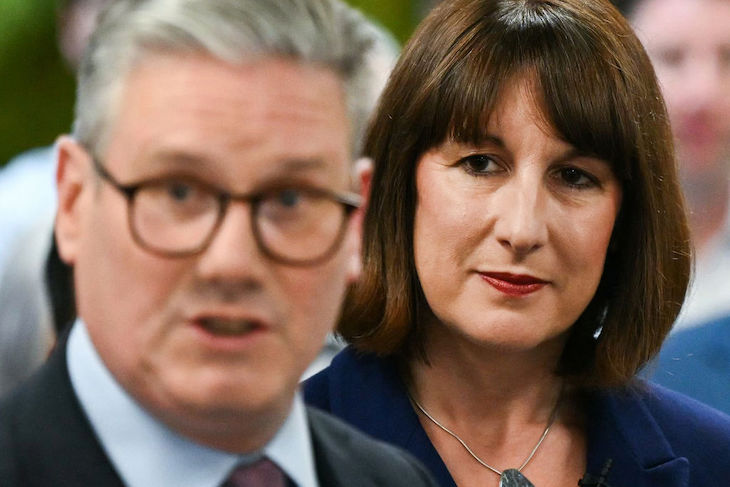If the public is worried about what lies in store in Rachel Reeves’ first Budget, there are few signs of it yet in their shopping habits. The latest retail sales figures, released by the Office for National Statistics this morning, show that sales volumes were up by 0.3 per cent in September. Over the three months to September – a more reliable figure as it is based on a lot more data – sales were up a very strong 1.9 per cent. It seems that the long covid winter in the retail world may finally be coming to an end: though sales volumes in September were still 0.2 per cent down on the level they were in February 2020, on the eve of the pandemic.
The bullishness of ordinary shoppers contrasts somewhat with the sense of doom among many commentators as we approach the Budget in 12 days’ time. In the pages of some newspapers, you would think that Britain was on the verge of cataclysm, with wealthy people fleeing, and property investors panic-selling in preparation for an onslaught of tax rises and an invasion of tumbleweed. Yet most people are not wealthy, and do not own multiple properties. Their earnings have, in many cases, been rising strongly in recent months, comfortably above the rate of inflation – for the first time in a couple of years. At the same time they may be reassured by Labour’s promises not to raise income tax, national insurance or VAT. They may have bought the Chancellor Rachel Reeves’ promise that it is the people 'with the broadest shoulders’ who will bear all the pain, and that they have nothing to fear.
The trouble for the majority of people will not be what happens on 30 October – there is unlikely to be any big hit for them – but what happens in subsequent months and years. If Reeves really does do a George H.W. Bush and trounces her manifesto promise by raising employers’ National Insurance contributions, no employee will feel any immediate impact in their pay packet. But it would inevitably act as a brake on job creation. Nor will ordinary people feel any immediate impact on changes to the non-dom regime, or on capital gains tax. The impact on the economy will only be felt in the longer term.
The one impact which middle-earners are likely to feel in the shorter term, however, is in interest rates. Gilt yields rose in reaction to this morning’s news on retail sales. Five-year fixed mortgage rates have also started to creep upwards over the past week as investors begin to digest the implications of the Budget. There is now a yawning gap between the Bank of England’s base rate at 5 per cent and that of the European Central Bank, which was reduced to 3.25 per cent this week. There are reasons for this. Investors are worried that the UK government is following a high borrowing, inflationary path. Britain is reverting to its historic position of having slightly higher inflation and interest rates than the rest of Europe.
What we don’t yet know is what the market reaction will be when Reeves announces her intentions for borrowing on 30 October. Unlike Kwasi Kwarteng in his infamous mini budget, she will have the Office for Budget Responsibility’s judgement to back her figures. Yet all the same there is a chance that buyers of UK government debt will suffer a jolt to their confidence when they get to pick through the figures. No-one should be surprised if Reeves and Starmer suffer a mini version of what struck Truss and Kwarteng. The new-found worship of markets discovered by some Labour figures in 2022 may not last.








Comments